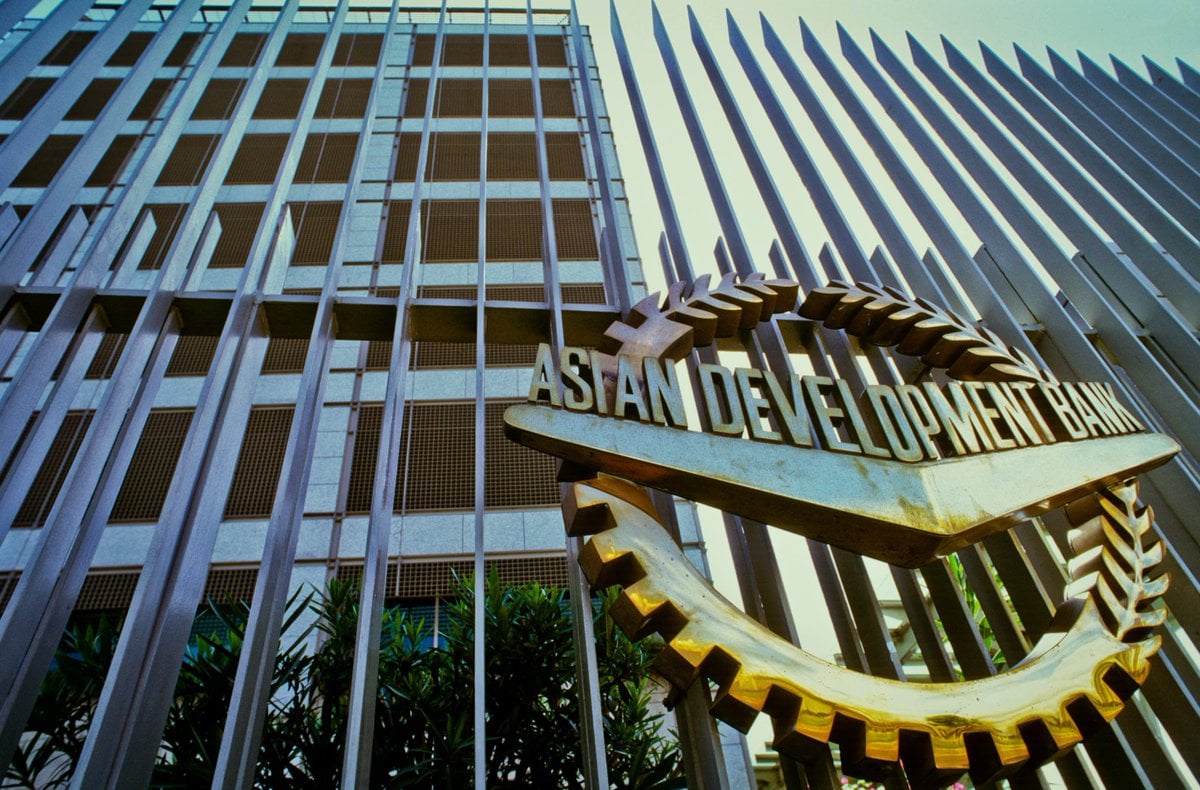The Economic Coordination Committee (ECC) of the Cabinet convened on Friday under the chairmanship of Federal Minister for Finance and Revenue, Senator Muhammad Aurangzeb, to deliberate on several strategic decisions aimed at reviving industrial competitiveness, expanding affordable housing, and enhancing environmental sustainability in Pakistan.
Among the major approvals was the endorsement of a comprehensive revival plan for Pakistan’s steel sector, introduction of a mark-up subsidy and risk-sharing scheme for low-cost housing, approval of the country’s first-ever Green Taxonomy, and issuance of a government guarantee for the Pakistan Skills Impact Bond (PSIB) to support skills development through performance-based financing.
The ECC endorsed a detailed report submitted by the Ministry of Commerce focusing on the revival of the steel sector, crucial for national infrastructure and industrial development. The plan is aligned with the goals outlined in the National Tariff Policy 2025–30, which aims to reduce production costs and boost export competitiveness in the manufacturing sector.
The steel sector, which produced 8.4 million metric tonnes (MMT) in FY2024, faces several structural challenges. Long products accounted for 60% of this output, followed by flat products (30%), tubes and pipes (7%), and other items (3%). One of the critical concerns noted was Pakistan’s low per capita steel consumption, which stands at 36kg, significantly below the global average of 247kg.
The revival initiative is expected to help bridge this gap by promoting efficiency, ensuring access to cheaper inputs, and creating a level playing field for local manufacturers.
The ECC also approved a mark-up subsidy and risk-sharing scheme for affordable housing finance, a significant step toward achieving the government’s vision of low-cost housing for all. This initiative will allow middle- and low-income families better access to financing for home ownership.
To ensure the efficient implementation of this scheme, the committee directed the Ministry of Housing and Works to collaborate with federal and provincial stakeholders to develop an integrated database of the housing sector. This move aims to improve targeting mechanisms and reduce duplication of benefits.
In a landmark decision for environmental reform, the ECC approved Pakistan’s Green Taxonomy, a framework designed to channel climate finance toward sustainable and eco-friendly projects. Proposed by the Ministry of Climate Change and Environmental Coordination, this taxonomy will provide investors and financial institutions a transparent classification system for identifying green investments.
The finance minister praised the initiative, highlighting that such a move was long overdue and essential for mobilizing financing for green infrastructure and climate resilience.
The ECC also approved a government guarantee of Rs1 billion for the issuance of the Pakistan Skills Impact Bond (PSIB), a performance-based funding model led by the Ministry of Federal Education and Professional Training. This is part of the government’s broader strategy to promote skills development through outcomes-based financing.
The ECC encouraged a gradual shift towards public-private partnerships (PPP) for such initiatives and suggested that the ministry explore funding models relying less on sovereign guarantees to ensure long-term sustainability.
The committee granted approval to the Ministry of Commerce to file an appeal in the Supreme Court of Pakistan against a Lahore High Court (LHC) decision that awarded concessional gas/RLNG tariffs to M/s Ghani Glass Ltd. The committee noted that energy subsidies for five export-oriented sectors have already been withdrawn and should not be reinstated selectively.
This decision aligns with the government’s policy of eliminating sector-specific energy tariffs to promote broader fiscal discipline and fairness.
The Ministry of Industries and Production briefed the ECC on the current trends in the vegetable ghee and edible oil market. While national stock levels are adequate, the ECC expressed concerns over the slow decline of domestic prices despite falling international rates.
The committee emphasized the need for robust price monitoring and called for active coordination with the Competition Commission of Pakistan (CCP), National Price Monitoring Committee (NPMC), and provincial governments to curb cartelisation and prevent price manipulation.
In another important development, the ECC approved the revision of charges for Radio-Based Services (RBS), proposed by the Ministry of Information Technology and Telecommunication. The committee instructed that RBS tariffs be updated every 3 to 5 years to reflect technological advancements and economic changes.
The ECC also endorsed a revised composition of the advisory committee overseeing the release of IMT spectrum, which is crucial for enhancing next-generation mobile broadband services in Pakistan.
The ECC gave formal recognition to ship breaking and recycling as a legitimate industrial sector, based on recommendations by the Ministry of Maritime Affairs. However, it instructed the ministry to coordinate with the Power Division to analyze power usage trends in the sector. This data will inform decisions regarding the application of industrial power tariffs instead of commercial rates, supporting energy affordability and competitiveness for this labor-intensive industry.
The meeting was attended by Federal Ministers for Power, Petroleum, and Commerce—including Sardar Awais Ahmed Khan Leghari, Ali Pervaiz Malik, and Jam Kamal Khan—as well as senior officials from key ministries and departments.
The wide-ranging decisions taken at the meeting are expected to bolster industrial revival, expand housing access, improve environmental governance, and enhance workforce development, positioning Pakistan on a more sustainable and inclusive growth trajectory.




